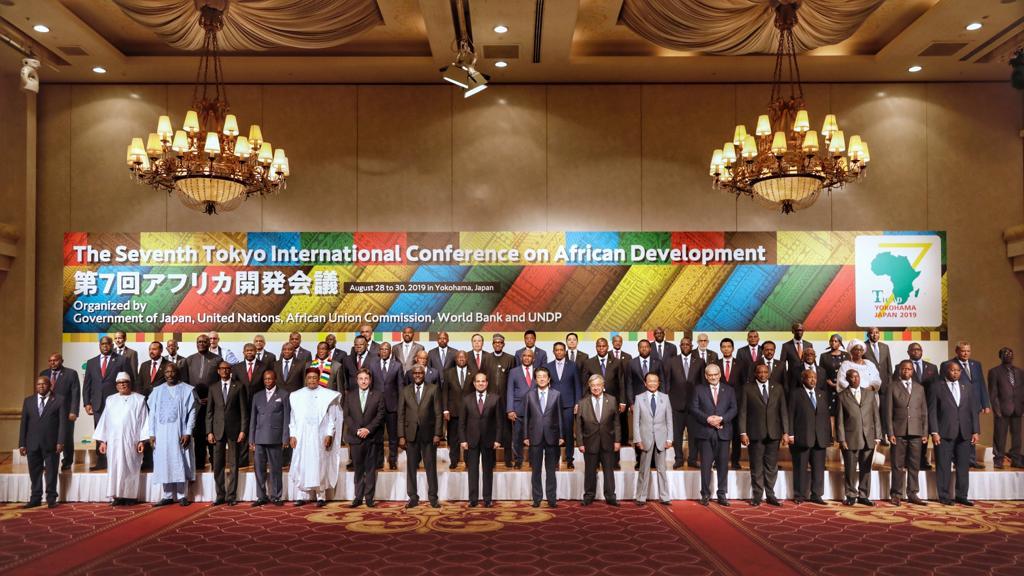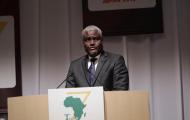Topic Resources
Agenda 2063 is Africa’s development blueprint to achieve inclusive and sustainable socio-economic development over a 50-year period.
Strategic Intervention Axis 1: Enhancing leadership, governance and political commitment
EXECUTIVE SUMMARY OF THE AFRICA REGIONAL INTEGRATION REPORT (ARI)












